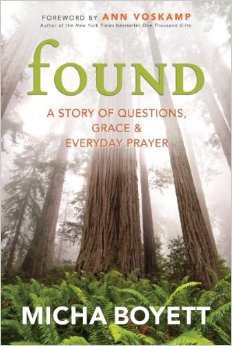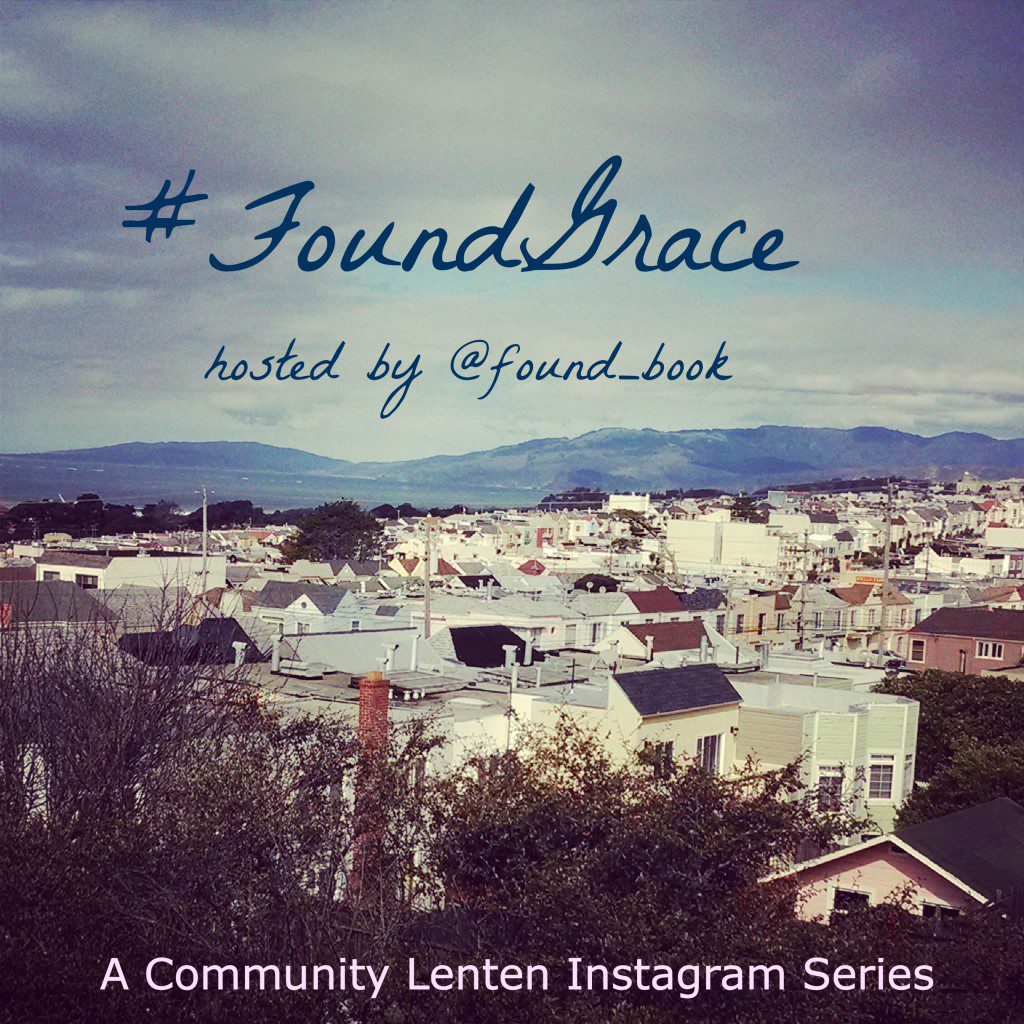“Make [Christianity] attractive, make good men wish it were true, and then show that it is.”
–Blaise Pascal*
Blaise Pascal was a scientist. He believed in the simplicity of hypothesis tested by research. He believed in fact. He used his mind to make proofs. But he did not believe God could be calculated or proven into existence. He understood that a book of facts will never turn someone toward God. Only the heart can do that kind of work.
Pascal believed in God because he encountered God. His heart was changed.
It’s simple really. That’s why I believe. I know what it is to feel the swirl of God’s spirit rolling through my chest. I know the pressure that leans into my sternum when God is whispering: Do this thing. Say this truth. Humble yourself.
Yes, I’ve asked every question. I’ve second-guessed my faith for all the reasons anyone may second-guess. But it’s not about factual proof for me. I don’t believe in the wild story of Jesus Christ resurrected because I can prove jack squat of it.
I believe because my heart pounds like a giddy 7th grade girl when I imagine Jesus preaching the Sermon on the Mount. I believe because every time he taught, Jesus turned the paradigms of his culture on their heads. I believe because Christ’s compassion is addictive. I believe because the longer I live the more I understand how much I need to be rescued. I believe because once when I was seven God showed up in my guts and his Spirit glided my little girl feet down an aisle in a big Baptist church. I believe because when I was thirteen, I heard God’s secret words to my spirit asking me go, to leave everything, and I knew that if I left it all, God would be enough. I believe because when I was seventeen and insecure, I felt Jesus speak words of beauty to every part of my body, head to toe.
Do you believe me? It doesn’t matter; you don’t have to. That’s the lovely thing about belief; it doesn’t have to be proven. It only has to be longed for.
I heard my pastor speak those words of Pascal’s yesterday and I wrote them down word for word in my little red journal. Then all through the sermon I felt my mind doodling with them, moving them around, letting my head get a good look. I was sitting in the back of the room at church, watching every person ahead of me move row by row to the altar toward the plate of broken bread, the open chalice being raised to mouth after mouth.
We were the last row and I ended up beside an elderly couple. They struggled to make it up front. I closed my eyes while I waited open-beggar-handed for the bread. It was pressed into my palm. I said “Amen” and opened my eyes, brought the bread to my mouth. I was praying through my favorite image when I take communion: the little pieces of bread break forth from my throat into glittering particles of Christ and immediately veer down every blood vessel inside me, forehead to heel. I took a deep breath and opened my eyes. Beside me the chalice was being held to the lips of the elderly woman. And that sweet woman was crying, hanky in hand, husband beside her. The chalice-bearer was moved. “Christ’s blood, shed for you,” she whispered, as if not to break the holy spell we were all captured in. And then it came to me: Christ offered to me, a reminder of my rescue, relief from all the striving, the promise of love that never fails.
I drank, thirsty.
What makes the gospel attractive? It’s the gospel that makes the gospel attractive: The good news that God loves us, that we don’t have to perform; we don’t have to earn God’s respect, his favor. We only have to receive his grace, lean into it, let it change us, let it satisfy our deepest ache.
What makes the gospel attractive? Lives that have been changed. An elderly woman so moved by the image of grace before her that tears are in order.
What makes the gospel attractive? Story. My story. Your story. A story so good and simple and plain and extraordinary that those we encounter “wish it were true.”
Heart is such a clichéd word, isn’t it? And yet, it’s everything. It bears the story and begs us to keep walking in it…











